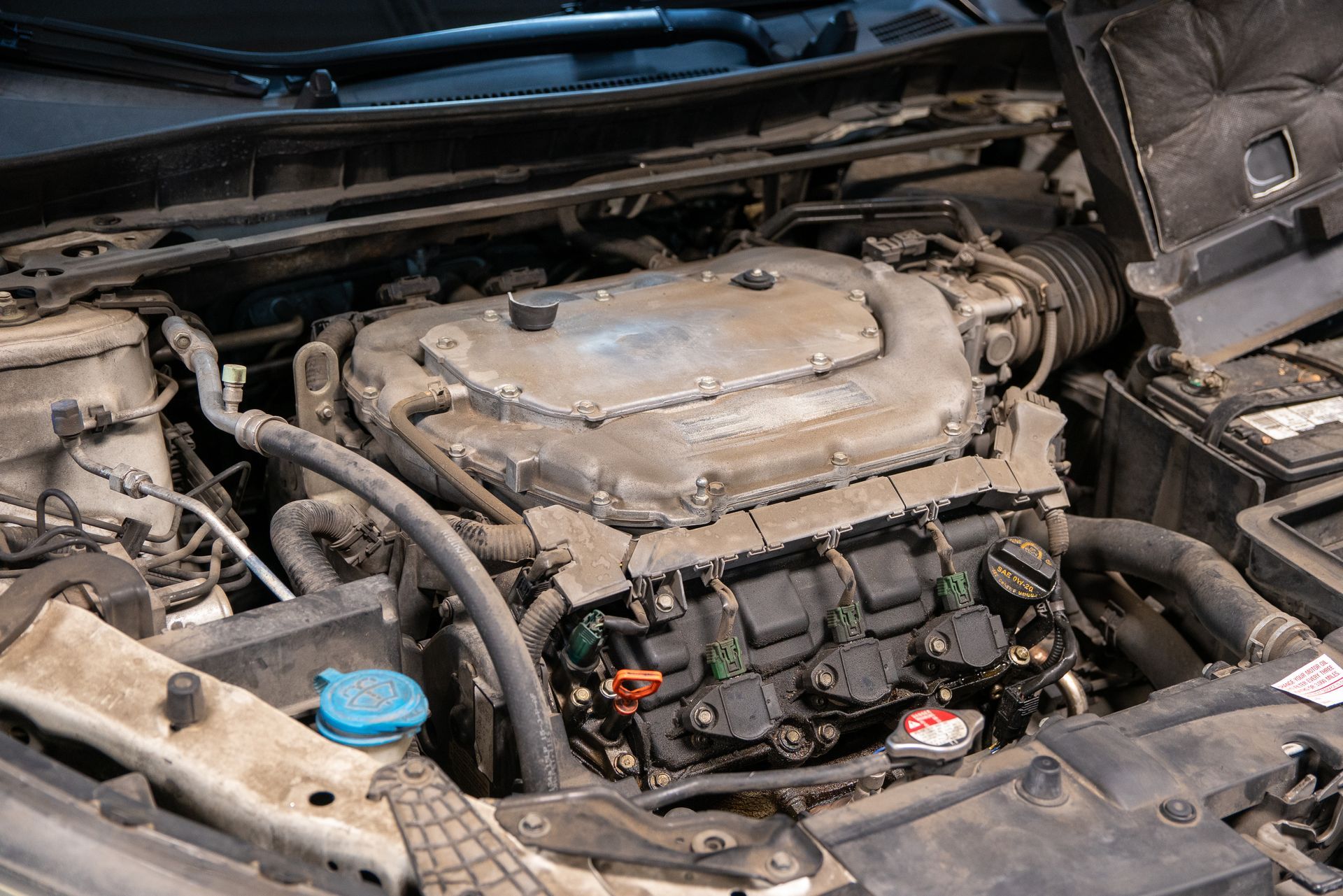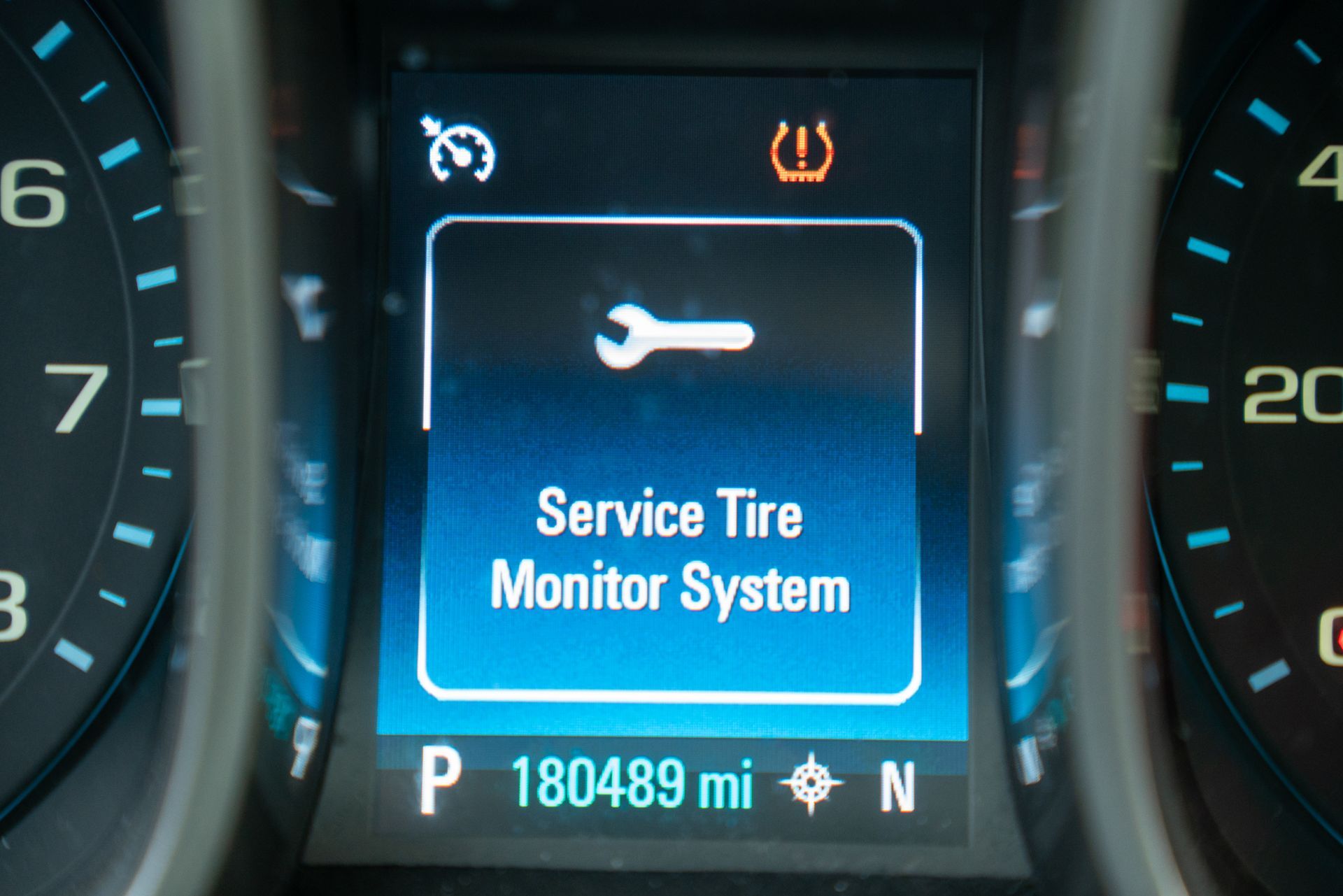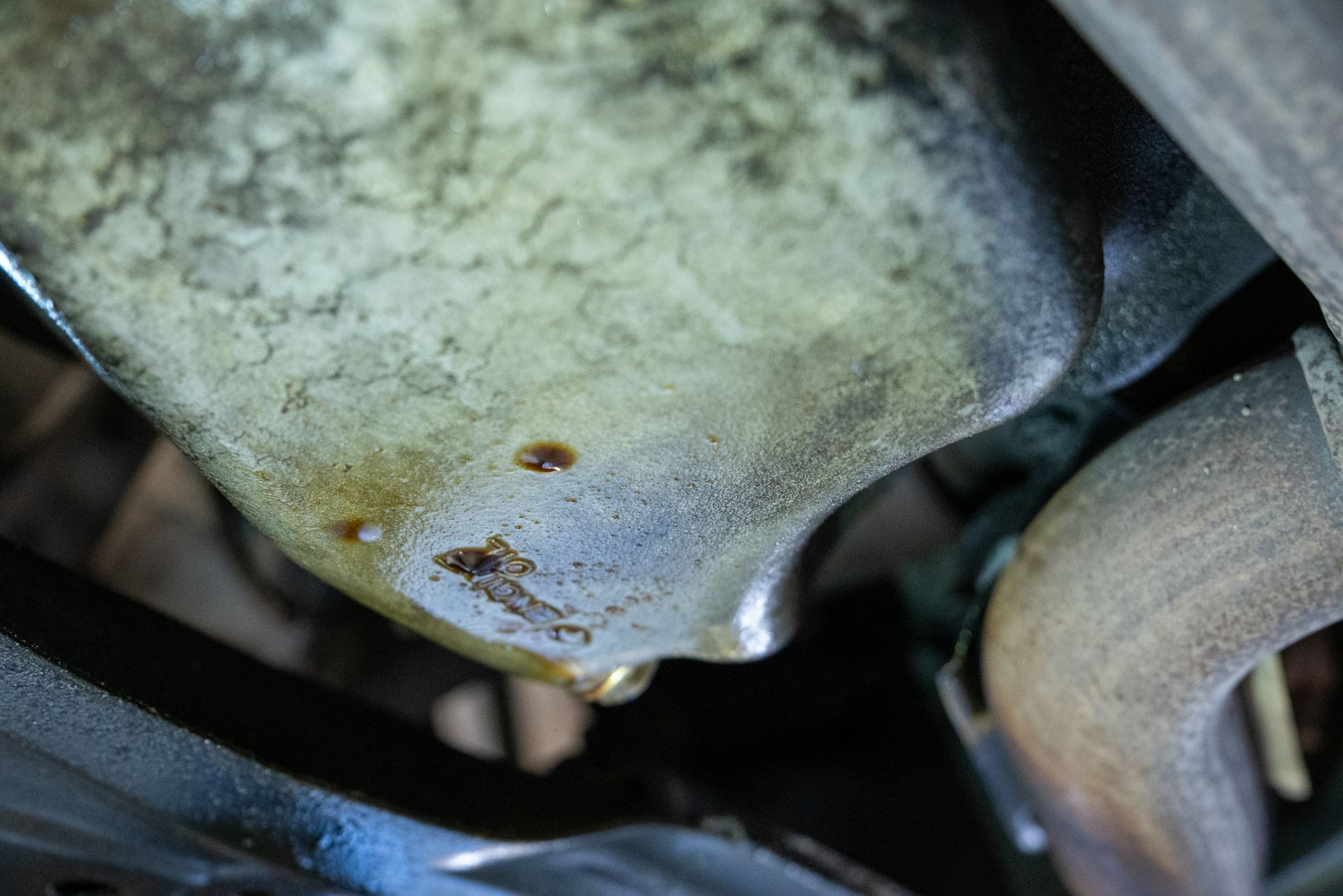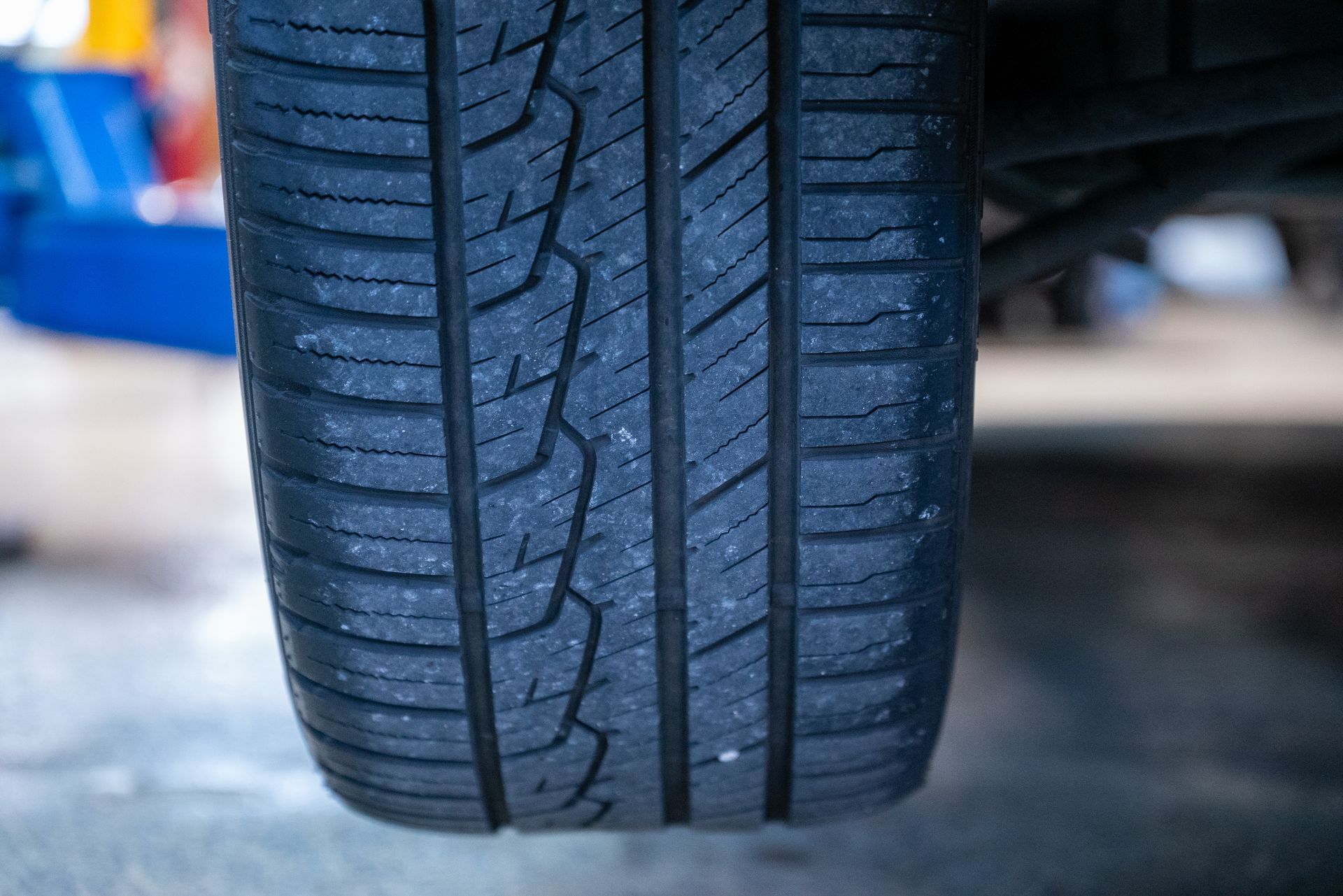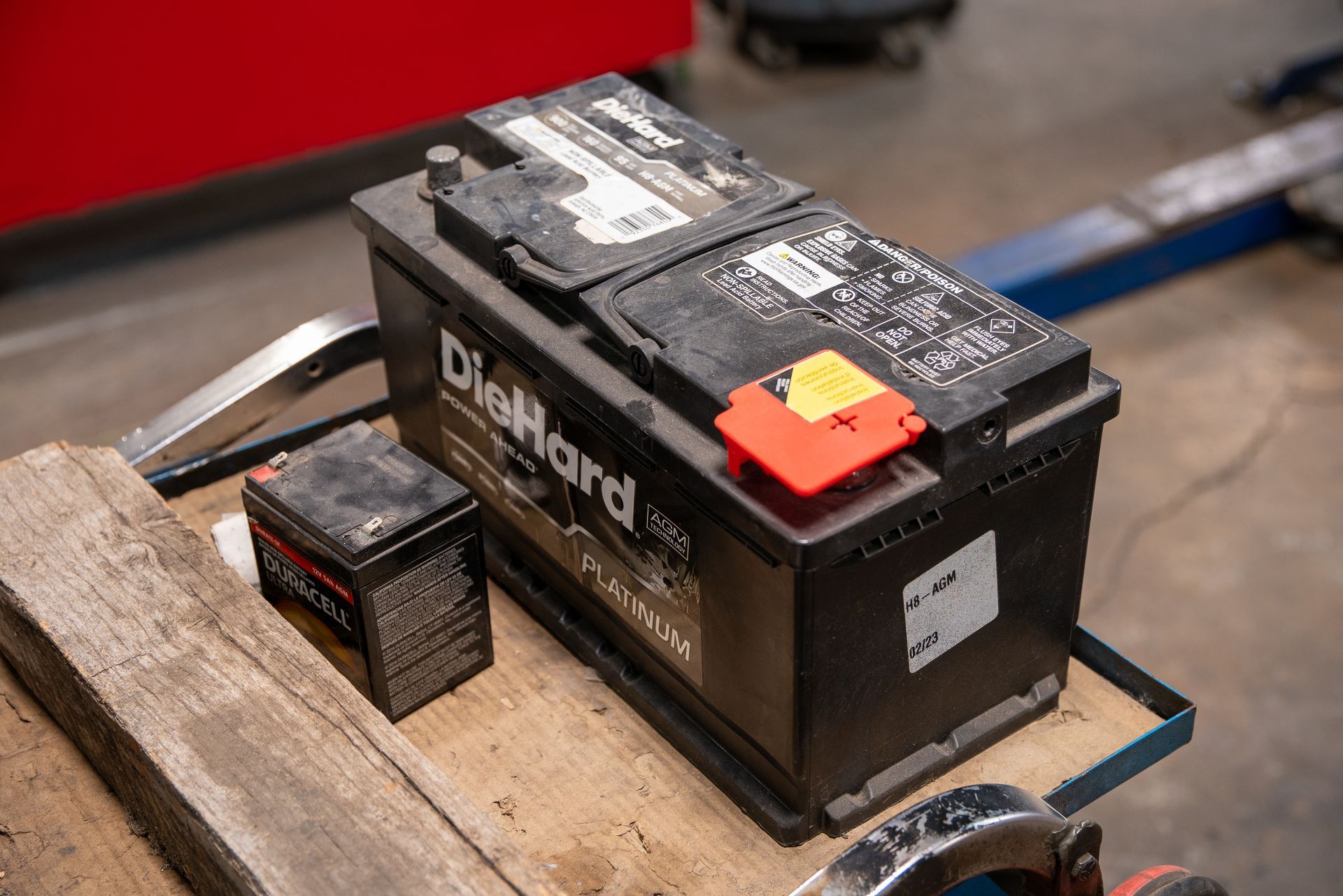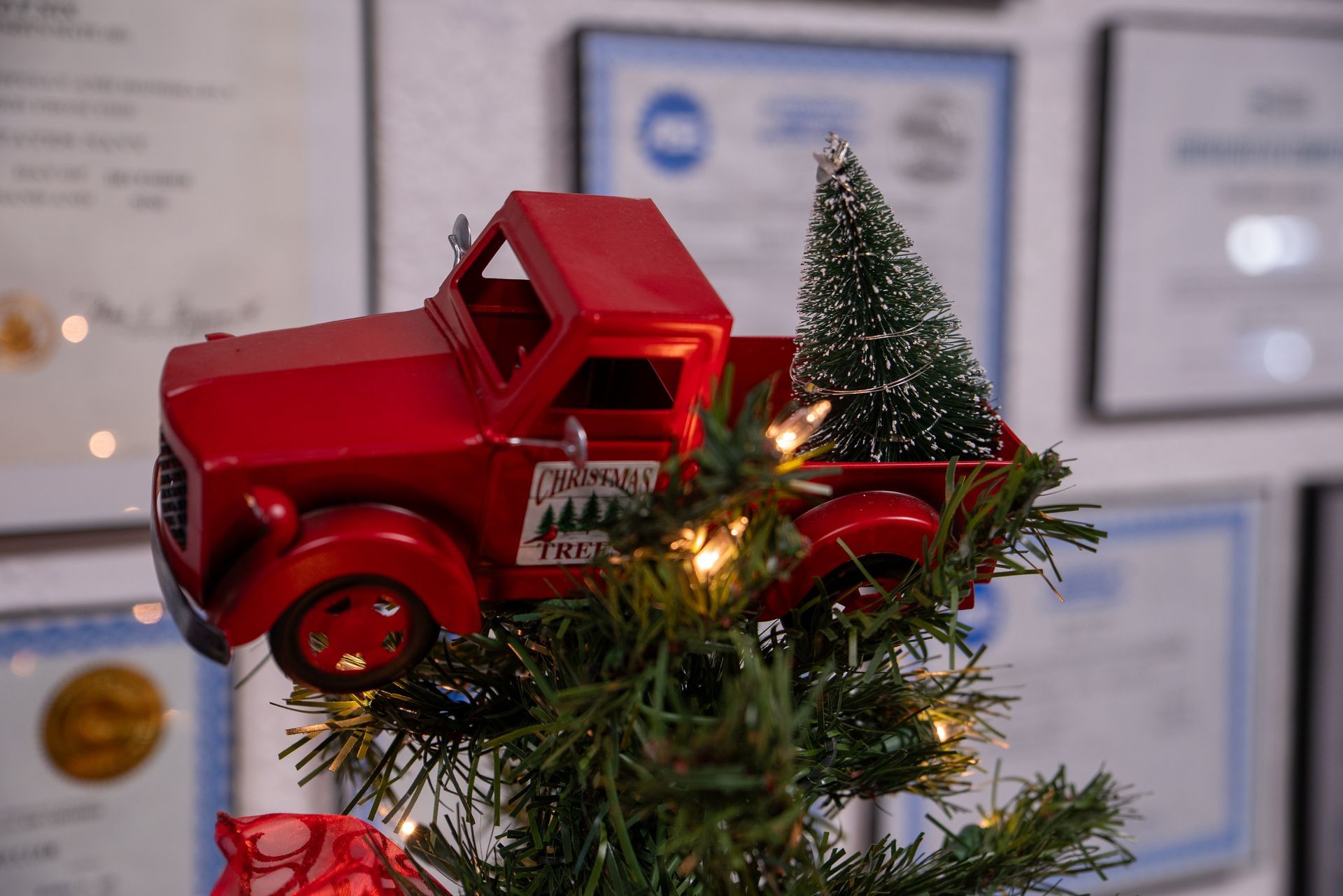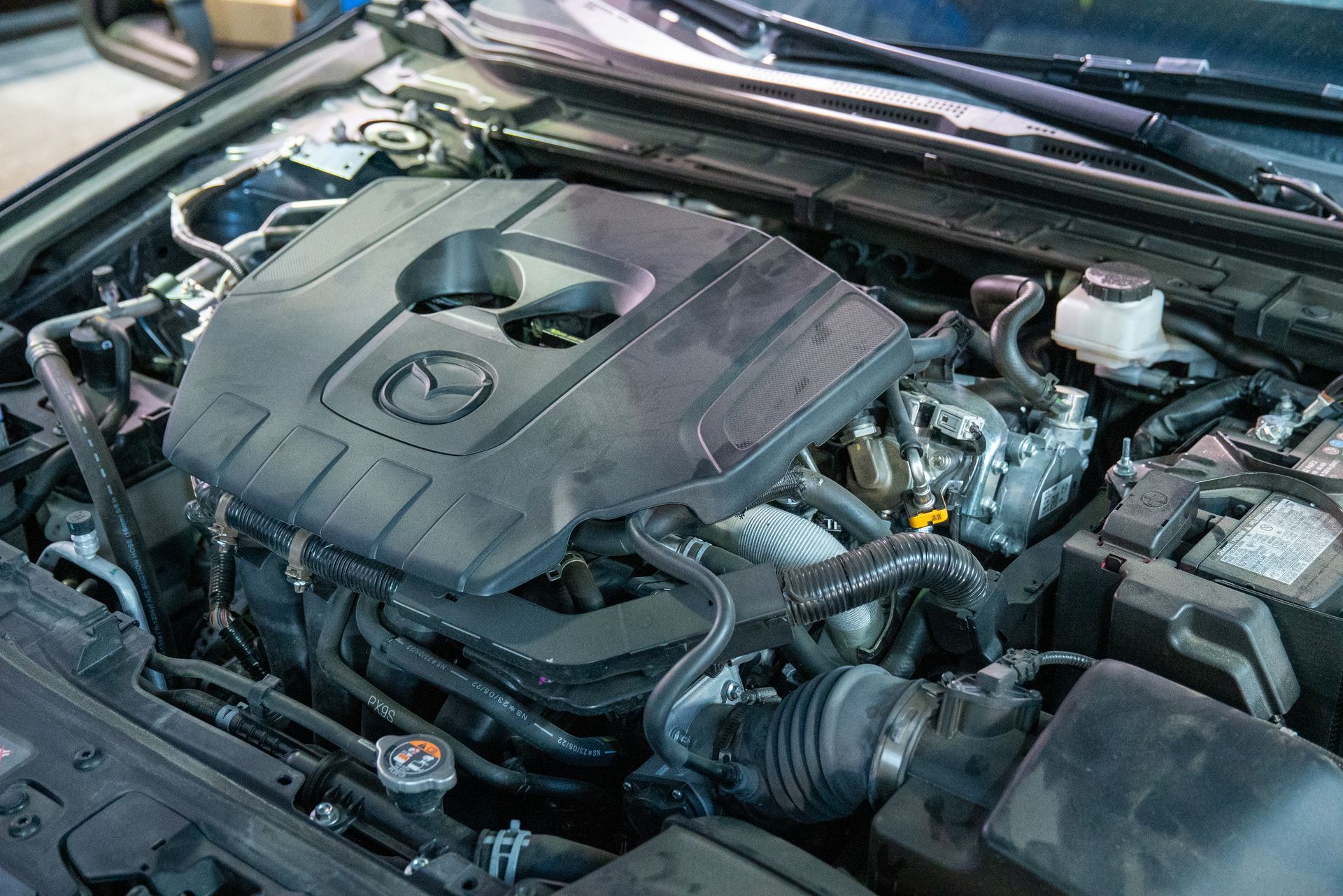What should I check on my car when getting gas?
Every few gas fill-ups and especially before any longer road trips, for proper vehicle maintenance, inspect the following:
Oil Check:
Find your car's owner's manual to see where the oil dipstick and coolant reservoir are in your specific car. Look at the color and texture of the oil. It's normal for oil to be black. But if it looks like chocolate milk, that's a big problem. It means you should take your car to a repair shop. To check texture, touch the oil between your thumb and finger. If it feels like water, you need to change the oil right away. If it feels smooth and slippery, everything is okay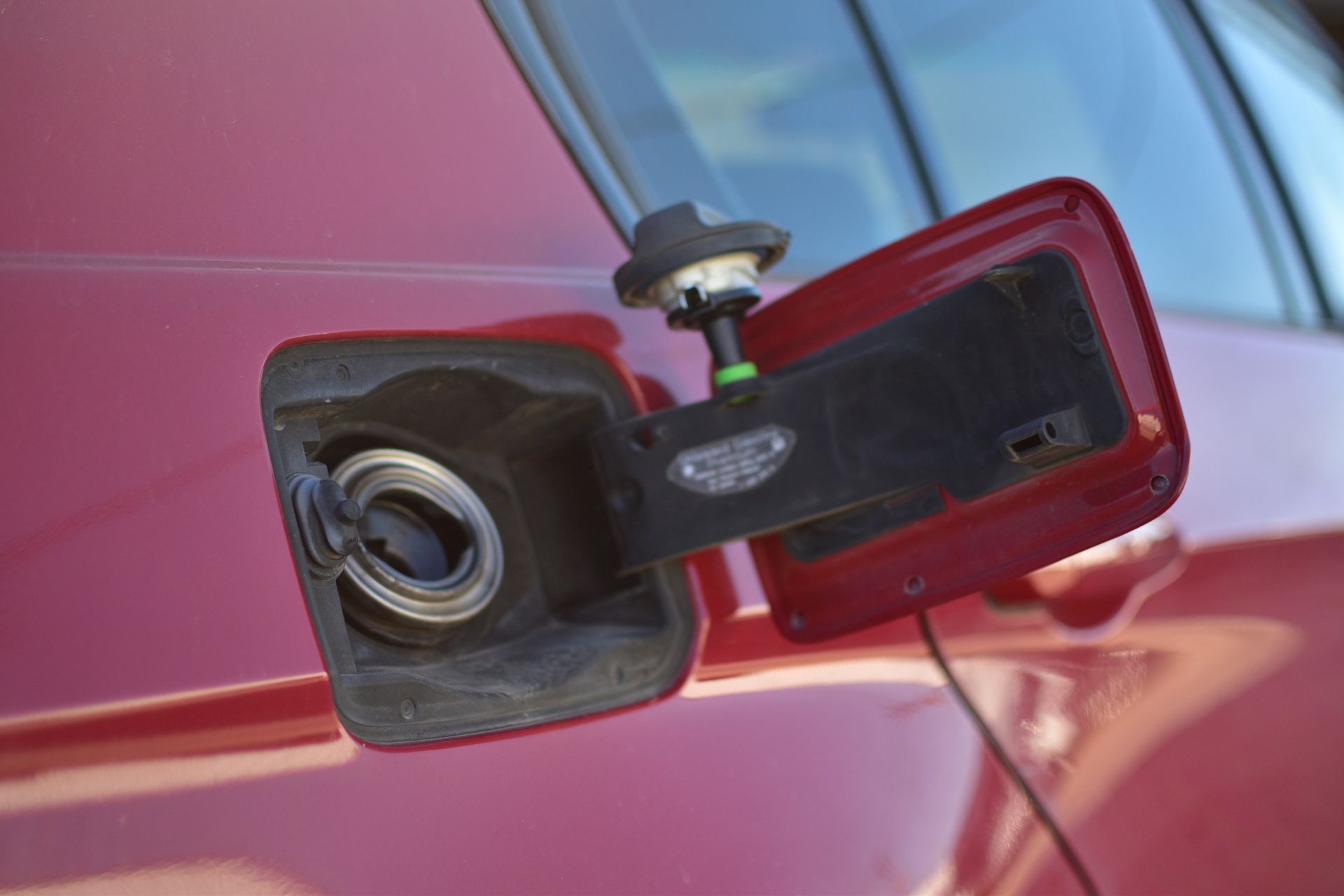
Coolant Check:
Check the color of the coolant, also called anti-freeze. Different cars have coolants of different colors like green, red, blue, yellow, purple, or pink. Check your car's manual to find out what color your coolant should be. If the color is too light or dark, go to a repair shop to have the coolant replaced.
Air Filter:
Think of your car's air filter as a security guard. It keeps out dirt and tiny particles from going into your engine. Taking care of it can help your car in a few ways; your car will use less fuel, saving you money on gas. It will produce fewer harmful emissions. Your car's engine will last longer. You can easily check and change this filter at home by following the instructions in your car's manual.
Keeping your tires in good shape is important for a safe and fuel-efficient ride. Here's what you can do:
Tire Pressure and Tread Depth:
Look at your tires regularly to make sure they're okay. Measure the air in your tires every month, before long trips, or if you're carrying heavy things. Don't forget the spare tire! You'll need a tire pressure gauge to check the air. In cold weather, remember that for every 10-degree drop in temperature, your tire loses one pound of pressure. Your car's manual will tell you the right air pressure for your tires. You can check your tire tread by using a simple penny test.
Headlights, Taillights, Brake Lights, Reverse Lights, Turn Signals and Fog Lights:
It's important to make sure your car's lights are working correctly, but we often forget to check. Here's what you can do about once a month: park your car in front of a flat surface and turn on your headlights to see if both are working and aimed right. Take a walk around your car and look
at your turn signals and parking lights. Finally, have a friend stand behind your car while you step on the brakes to make sure they're working too. Pro tip: if you can’t find someone to help you, use your phone. Prop up your phone and record a video using the back cameras, not the selfie camera (You’ll have a mirror effect with the selfie camera and get confused on which light is out). This way, you can be sure that all your car's lights are doing their job.
Serpentine Belt:
Even though it might look like just a piece of rubber, your car's serpentine belt is very important. It helps power things like the alternator, power steering, and air conditioner. Check the belt regularly to make sure it doesn't have cracks or other damage. If it's damaged or as recommended by your car's manufacturer, replace it to keep your car running smoothly.
Most of the time, the big tickets we see are just routine maintenance that hasn’t been performed over the years. It adds up. Sticking to a car maintenance schedule, and keeping good records of what you’ve done, can help extend the life of your vehicle and protect you against breakdowns, expensive repairs, and other unwelcome surprises.
